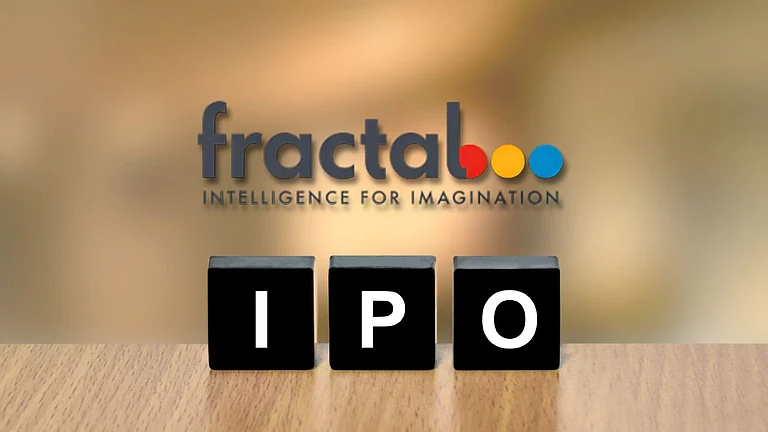The United States Securities and Exchange Commission (SEC) has restated its warning against FOMO-driven crypto investing, strategically timed alongside the heightened anticipation surrounding the approval of spot Bitcoin exchange-traded funds (ETFs). This cautionary message was echoed by the SEC's Office of Investor Education in a January 6 post on social media, emphasizing the risks associated with digital assets, including cryptocurrencies, meme stocks, and Non-Fungible Tokens (NFTs). The restatement of this warning, initially seen in January 2021 during a robust period for crypto and equities, and again in March 2022 as markets cooled, has sparked speculation on social media. Some users suggest a potential connection between the SEC's alert and the imminent decision on spot Bitcoin ETFs, expected before the January 10 deadline.
The SEC's advisory specifically addresses the influence of celebrities and athletes promoting crypto assets, urging retail investors to resist making financial decisions solely based on popular figures endorsing investment opportunities. The report highlights the allure of trends and influencers in the crypto space but cautions investors about the inherent volatility, warning that initial appeal can quickly lead to substantial losses as the market evolves. As the crypto industry eagerly awaits the SEC's decision on Bitcoin ETFs, anticipated within the coming week, analysts like Eric Balchunas from Bloomberg predict approvals for most qualified applicants, especially those meeting the regulator's criteria before December 29. The market is on edge, navigating the intersection of regulatory guidance and the evolving landscape of cryptocurrency investments.
Grayscale drops MATIC, adds AVAX, XRP in funds rebalance
Grayscale has undergone a rebalance of its funds, making notable changes to its Digital Large Cap Fund, DeFi Fund, and Smart Contract Platform Ex-Ethereum Fund as part of its quarterly review. In the Digital Large Cap Fund, the allocations now include Bitcoin (69.15%), Ether (21.90%), Solana’s SOL (3.65%), XRP (2.54%), Cardano’s ADA (1.62%), and AVAX (1.14%). This adjustment resulted in the removal of MATIC from the fund. The DeFi Fund saw the exclusion of the Curve DAO (CRV) token, with the new composition featuring Uniswap (41.11%), Lido DAO (23.90%), MakerDAO (13.39%), Aave (12.63%), and Synthetix (8.97%). Meanwhile, MATIC remains part of the Smart Contract Platform Ex-Ethereum Fund, with no tokens added or removed, and the fund now consists of SOL (44.54%), ADA (19.77%), AVAX (13.89%), Polkadot DOT (9.75%), MATIC (8.25%), and Cosmos ATOM (3.80%).
Fund managers conduct periodic reviews to adjust weightings, optimizing performance based on market conditions, risk assessments, and investment objectives. Grayscale utilizes the CoinDesk DeFi Select Index methodology to determine fund benchmarks, with the DeFi Fund, designed to provide exposure to decentralized financial markets, experiencing challenges during the crypto winter, currently trading at $22, reflecting a 9.28% decrease over the past 24 hours.
Honduras special zone officially recognizes Bitcoin as a unit of account
In a noteworthy development, Próspera, a special economic zone in Roatan, Honduras, has officially designated Bitcoin as a unit of account, less than two years after adopting it as legal tender. Spearheaded by Jorge Colindres, the acting manager and tax commissioner of Próspera ZEDE (Zone for Employment and Economic Development), this move enables Bitcoin to measure the market value of goods and services within the zone. Colindres expressed the motive behind this decision on Twitter, emphasizing the belief in financial and monetary freedom for individuals and businesses in the area. While Bitcoin can now be used as a monetary unit for valuation, Colindres acknowledged current technological limitations and external regulatory issues, temporarily requiring tax liabilities to be reported in United States dollars or the Honduras lempira. Once resolved, entities will have the option to report and pay tax liabilities in BTC.
Próspera ZEDE, launched in May 2020 on Roatan's northern island, became a trailblazer by adopting Bitcoin as a legal tender in April 2022, following in the footsteps of El Salvador. Colindres highlighted Próspera ZEDE's competitiveness in Latin America, noting its substantial impact with over $100 million in the last three years and the creation of more than 3,000 jobs across the country. For those seeking to use Bitcoin as their unit of account, a formal notice must be filed with Próspera's tax commission within 30 days of the relevant tax period, referencing approved cryptocurrency exchanges like Coinbase or Kraken.













